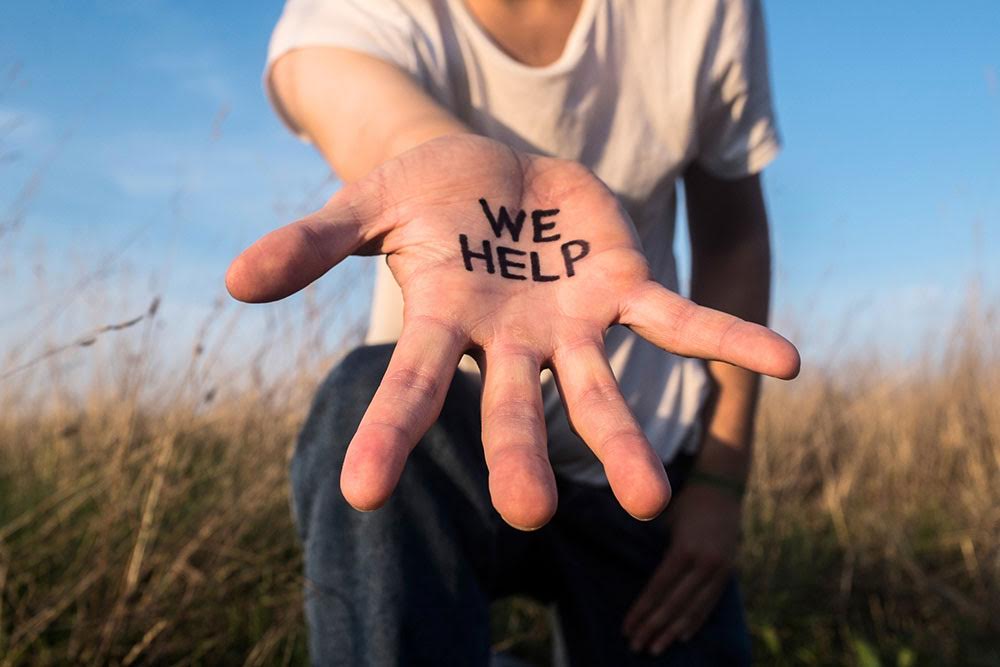Belonging and acceptance – The judgement-free environment in peer recovery groups provides the comfort necessary to feel noticed and appreciated. Common life experiences like drug abuse and recovery, which are constantly shared among peers, will bolster camaraderie and help establish friendships, which might last a lifetime.
Strength in numbers – Building and being a part of a community in which each member of the community will become a pillar of strength and help peers in times of weakness.
Shared affiliation – Like attending the same school or growing up in the same neighborhood, there is a pride to be shared through a unified experience with fellow peers. The main goal is to succeed through a healthy recovery, and anyone who shares that social support will gain that sense of pride from their journey together.
Peer monitoring or coaching – Your peers will be there to motivate you through coaching and care. Coaches can also help you after recovery by providing valuable advice and guidance.
“People like me like to come back, show support and pay it forward,” Navarrete said. “The grads that came back to me were really inspirational. You’re going to get (peers) that don’t judge you. They understand where you’re coming from. They’re going to meet you on common ground and they’re going to tell you the choices that you need to make.”
Sustained recovery – Remember those friendships you made in rehab? Those peers aren’t just valuable up to the moment of recovery. Sustained recovery is especially important to staying drug-free, and every bond you made in recovery can become an incredible source of strength, relief and inspiration.
Navarrete compared peer recovery to working out at the gym. “Now you have to maintain it,” he said. “Everyday you have to wake up and workout together just to maintain it, and that’s the same with sobriety; you get in great shape, you have to maintain it, and the peer support group is like going to the gym with your buddy.”
Meaning and purpose – Becoming part of a social support group can increase your sense of self-worth because of your integral role in helping others during critical times. Every peer will look to each other for help, and that will increase everyone’s chances of a full recovery, and belief in themselves.
Networking and resources – Everyone involved in your peer recovery group will become a resource for networking. Staying clean will come with questions, concerns and hardships, but networking can also lead you to the proper resources to sustain a clean and healthy life.
Addiction treatment doesn’t need to be a lonely and withdrawn experience, according to Navarrete.
“I’ve definitely gone the sober-on-my-own route and had mixed success,” he said. “Sometimes I’d be sober for a week. There were times I was sober for several months. There’s even one year where I was sober for a whole year, but there are a couple of big differences between those periods of time and this time. Those times, I would sober up from alcohol, because I’m an alcoholic. I would still smoke marijuana consistently, and I’d say I was sober. So this is my first time literally being sober off of everything. I don’t drink, I don’t smoke. I’m drug-free completely.”

















